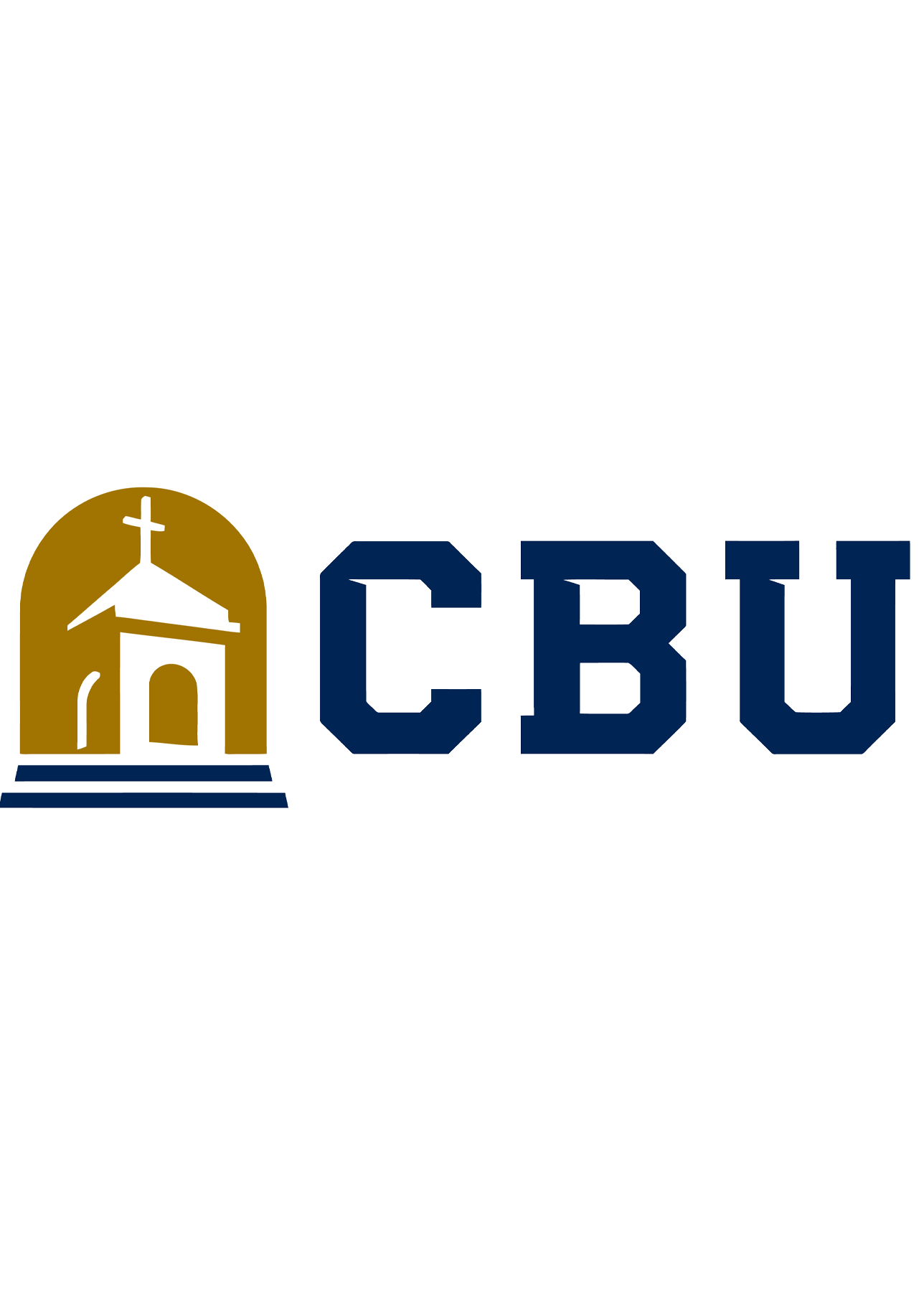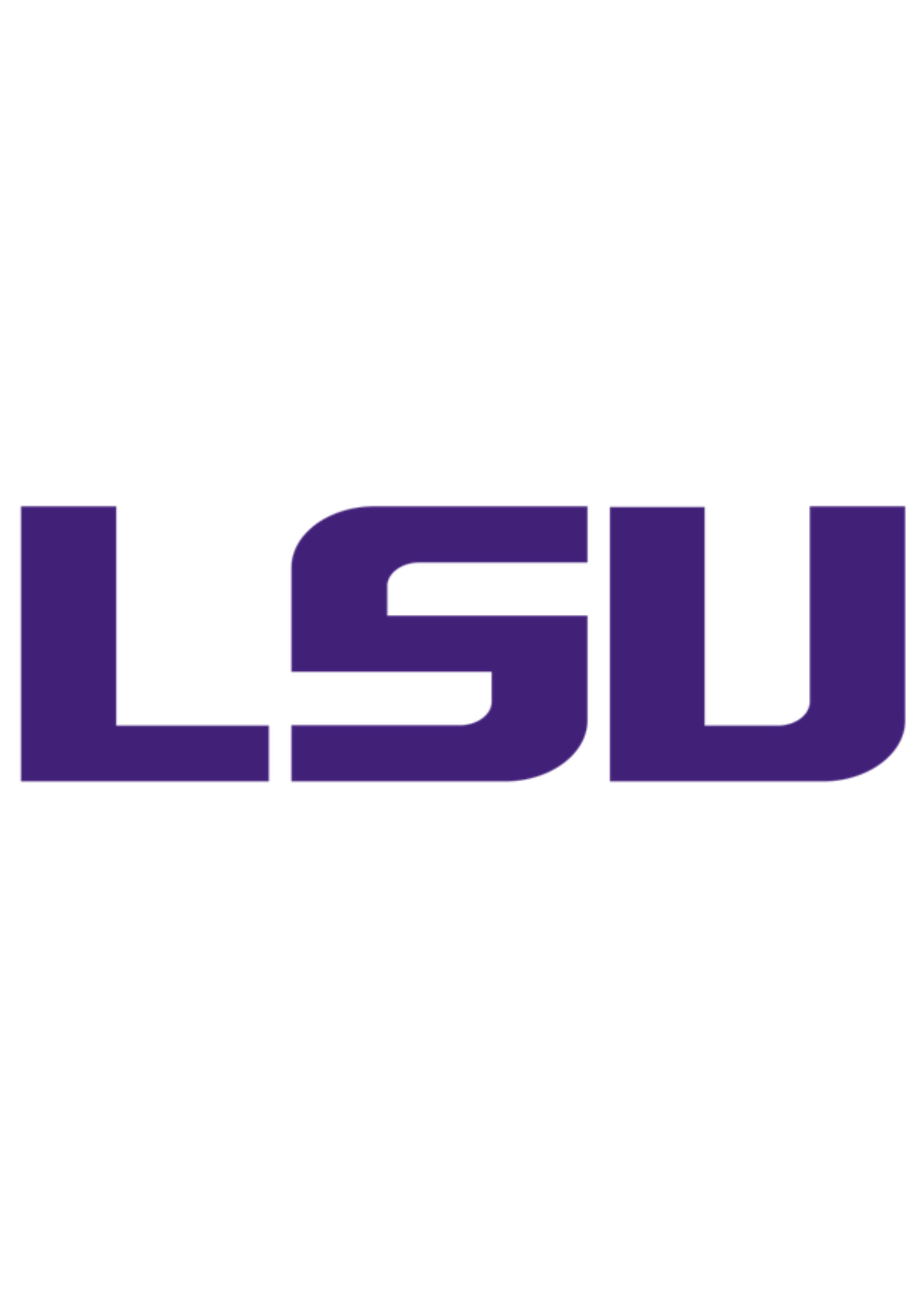An online master’s in sports medicine prepares students for careers in athletic training, sports therapy, and education. Job growth is promising, with athletic training and exercise physiology outpacing most other professions at growth rates of 14% and 10%, respectively.
Most online graduate degrees in sports medicine require 30 to 42 credit hours, which can take a full-time student anywhere from two to three years to complete. The average annual cost of graduate school tuition is $12,596 at public schools and $28,017 at private schools.
Why You Should Trust
The Intelligent.com Higher Education Team is dedicated to providing students with independent, equitable school and program rankings and well-researched resources. Our expert-driven articles cover topics related to online colleges and programs, paying for school, and career outlooks. We use data from the U.S. Department of Education’s College Scorecard, the National Center for Education Statistics, and other reputable educational and professional organizations. Our academic advisory team reviews content and verifies accuracy throughout the year for the most current information. Partnerships do not influence rankings or editorial decisions.
- Analyzed over 2,000 national, accredited, and nonprofit colleges and universities
- 800+ rankings pages are reviewed and updated yearly
- Content is informed by reputable sources, surveys, and interviews with academic advisors and other experts
- Over 100 data points are reviewed for accuracy and quality throughout the year, including sources
How we rank schools
Our list features the best online Sports Medicine degree programs at top colleges nationwide. Each school featured is a nonprofit, accredited institution — either public or private — with a high standard of academic quality for post-secondary institutions.
We evaluated each school’s program on tuition costs, admission, retention and graduation rates, faculty, reputation, and the student resources provided for online students. We collected data from trusted sources like the National Center for Education Statistics, individual school and program websites, school admissions counselors, and other data sources. Then, we calculated the Intelligent Score on a scale of 0 to 100 based on the following criterion:
Academic Quality:
- Admission rate versus enrollment rate
- Retention rate of students who return after year one
- Accreditation status (regional and programmatic)
- Nonprofit status, both private and public institutions
Graduation Rate
- Overall graduation rate
- Total number of currently enrolled students, including diversity metrics
- Student-to-faculty ratio
Cost and ROI
- In-state and out-of-state per-credit tuition rates and fees
- Required credits to graduate
- Earning potential after graduation
- Availability of federal student loans, scholarships, and other financial aid options
Student Resources
- Available student services for online-only and hybrid programs
- On-campus amenities like tutoring centers and the number of libraries
Read more about our ranking methodology.
Best 26 Accredited Online Master’s in Sports Medicine Programs
FiltersInstitution Type
Status
- Intelligent Score
- Alphabetically By University Name
- Acceptance Rate
- Enrollment
- In-state Graduate Tuition
- Out-of-state Graduate Tuition
- In-state Undergraduate Tuition
- Out-of-state Undergraduate Tuition

Liberty University
Intelligent Score: 99.73In-state: $14,791
Out-of-state: $14,791
In-state: $7,935
Out-of-state: $7,935
SAT: 1040-1250
ACT: 21-29
$565
Online
Commission on Sport Management Accreditation
36

The University of Texas Rio Grande Valley
Intelligent Score: 99.53In-state: $11,448
Out-of-state: $40,032
In-state: $12,028
Out-of-state: $12,028
SAT: 1210-1470
ACT: 26-33
$444
Online
Southern Association of Colleges and Schools Commission on Colleges
36

Sam Houston State University
Intelligent Score: 99.49In-state: $5,856
Out-of-state: $15,672
In-state: $5,765
Out-of-state: $5,765
SAT: 970-1120
ACT: 18-23
$320
Online
Southern Association of Colleges and Schools Commission on Colleges
30-36

Concordia University Chicago
Intelligent Score: 99.02In-state: $32,660
Out-of-state: $32,660
In-state: $9,090
Out-of-state: $9,090
SAT: 990-1180
ACT: 19-25
$575
Online
Higher Learning Commission
30

University of Northern Colorado
Intelligent Score: 98.00In-state: $7,596
Out-of-state: $19,854
In-state: $10,867
Out-of-state: $10,867
SAT: 980-1200
ACT: 19-26
$705
Online
National Committee for Accreditation of Coaching Education
30

California Baptist University
Intelligent Score: 97.67In-state: $33,930
Out-of-state: $33,930
In-state: $13,410
Out-of-state: $13,410
SAT: 960-1150
ACT: 18-25
$735
Online
Western Association of Schools and Colleges Senior College and University Commissio
43

The University of Texas Permian Basin
Intelligent Score: 97.66In-state: $11,448
Out-of-state: $40,032
In-state: $12,028
Out-of-state: $12,028
SAT: 1210-1470
ACT: 26-33
$275
Online
Southern Association of Colleges and Schools Commission on Colleges
55

CSP Global
Intelligent Score: 97.58In-state: $32,660
Out-of-state: $32,660
In-state: $9,090
Out-of-state: $9,090
SAT: 990-1180
ACT: 19-25
$475
Online
Higher Learning Commission
33

Georgia Southern University
Intelligent Score: 97.48In-state: $4,371
Out-of-state: $15,425
In-state: $4,986
Out-of-state: $4,986
SAT: 993-1170
ACT: 18-24
$358
Online
Southern Association of Colleges and Schools Commission on Colleges
30

University of Wyoming
Intelligent Score: 96.92In-state: $3,480
Out-of-state: $14,472
In-state: $5,076
Out-of-state: $5,076
SAT: 1040-1240
ACT: 21-28
$373
Online
Higher Learning Commission
30

Texas A&M University - Commerce
Intelligent Score: 93.05In-state: $8,395
Out-of-state: $36,849
In-state: $6,775
Out-of-state: $6,775
SAT: 1160-1380
ACT: 26-32
Resident: $408
Non-Resident: $816
Online
Southern Association of Colleges and Schools Commission on Colleges
30

Southern Utah University
Intelligent Score: 90.95In-state: $6,006
Out-of-state: $19,822
In-state: $7,574
Out-of-state: $7,574
SAT: 1030-1220
ACT: 21-27
Resident: $307
Non-Resident: $1,022
Online
Northwest Commission on Colleges and Universities
33

The University of Texas at Tyler
Intelligent Score: 90.21In-state: $11,448
Out-of-state: $40,032
In-state: $12,028
Out-of-state: $12,028
SAT: 1210-1470
ACT: 26-33
Resident: $298
Non-Resident: $372
Online
Southern Association of Colleges and Schools Commission on Colleges
36

Logan University
Intelligent Score: 89.93In-state: $6,600
Out-of-state: $6,600
In-state: $9,900
Out-of-state: $9,900
SAT: N/A
ACT: N/A
$675
Online
Higher Learning Commission
33-36

Louisiana State University
Intelligent Score: 89.27In-state: $8,038
Out-of-state: $8,038
In-state: $9,132
Out-of-state: $9,132
SAT: 1090-1300
ACT: 23-28
$639
Online
Commission on Sport Management Accreditation
36

University of Southern Mississippi
Intelligent Score: 86.85In-state: $8,786
Out-of-state: $10,786
In-state: $8,786
Out-of-state: $8,786
SAT: N/A
ACT: 19-26
$556
Online
Association to Advance Collegiate Schools of Business
33

Texas A&M University at Kingsville
Intelligent Score: 86.68In-state: $8,395
Out-of-state: $36,849
In-state: $6,775
Out-of-state: $6,775
SAT: 1160-1380
ACT: 26-32
Resident: $120
Non-Resident: $458
Online
Southern Association of Colleges and Schools Commission on Colleges
36

University of Central Missouri
Intelligent Score: 85.31In-state: $7,128
Out-of-state: $14,256
In-state: $7,608
Out-of-state: $7,608
SAT: N/A
ACT: 19-25
$425
Online
Commission on Sport Management Accreditation
30-33
How to Choose an Online Master’s in Sports Medicine Program
Choose your area of study
This degree is usually offered as a Master of Science. Many programs allow you to select a concentration and focus your studies on a particular niche in this field, such as sports nutrition, sports psychology, sports injury management, or exercise physiology.
Consider your long-term career goals as you choose your area of study. If you want to work with and help manage sports teams, select a concentration that involves business and management skills. If you’d prefer to work with athletes individually, sports psychology or exercise programming might be more advantageous.
Research schools and programs
You should only apply to institutions that have been approved by a DOE-recognized regional accrediting organization, such as the New England Commission of Higher Education or Northwest Commission on Colleges and Universities. These organizations evaluate schools to ensure they provide students with a high-quality education. Those who attend a school that isn’t regionally accredited may be unable to access financial aid or transfer credits to another institution if needed.
You should look into the cost of each program and the resources provided for online students as well. To learn more about any schools that you’re interested in, you can visit the school’s website, contact an admissions counselor, follow the school on social media, or attend an in-person or virtual open house.
Prepare for tests and applications
Application requirements vary by school and program. Most schools require undergraduate transcripts and a minimum grade point average. While schools may prefer students with exercise science-related degrees, many accept students with unrelated prior coursework. GRE scores, letters of recommendation, and a personal statement may also be required.
Before submitting an application, always contact an admissions counselor to ensure you have the most accurate information regarding requirements and deadlines.
Select your program
Before making your final decision, review your needs and goals again. Do you plan to attend school full-time or part-time? Do you want your program to be as online as possible, or are you fine with a hybrid program that has a fair amount of in-person requirements? Some programs offer asynchronous courses, which can be completed at your own pace, while others only offer synchronous courses, which involve remotely attending lectures and completing assignments at the same time as other students — which of these two online learning formats do you prefer? Your school should accommodate your scheduling needs and learning preferences.
Determine how you’ll pay for your degree
Most students begin planning for the cost of graduate school by filling out the Free Application for Federal Student Aid (FAFSA), which can help determine which funding options best meet their needs. Your school’s financial aid office can also provide information about grants, scholarships, and other financing options that may be available.
While you can most likely find the per-credit cost of your program’s coursework online or in the course catalog, talk to your financial aid advisor about additional costs that may not be listed. Things like laboratory, technology, or library fees can add up quickly, so you’ll want to account for them early in your planning. Those who already work in the field should see if their employer offers tuition assistance benefits as well.
What Can You Expect from an Online Master’s in Sports Medicine Program?
Depending on the program, you’re expected to complete a minimum of 30 credit hours, with some schools requiring up to 42. This requirement should take full-time students approximately two to three years to complete. Some schools may require clinical rotations or internships, so ask your admissions counselor how these work for online students.
Sports medicine students should be innovative and critical thinkers with a talent for social perceptiveness. They will develop a greater understanding of disease and injury in athletes and how to help athletes regain lost mobility. Students will refine their research and organization skills, which could help them obtain executive leadership positions or move into more specialized fields like health informatics.
Potential courses you’ll take in an online master’s in sports medicine program
- Gross Anatomy. Students examine anatomical structure and function. Students also study histology, embryology, and pathology. The associated laboratory component covers the relationships between organ systems.
- Fundamental Skills in Athletic Training. Students explore clinical skills needed in a patient care setting, such as taking a patient history, conducting a physical examination, and performing musculoskeletal palpation. Injury prevention and documentation are also covered.
- Pathophysiology. This course covers the assessment and treatment of injuries and diseases related to conditions encountered in sports medicine.
- Managing Medical Emergencies. Students learn to identify emergency risk factors, prepare emergency action plans, and recognize emergency medical conditions. This course often includes hands-on clinical experience.
What Can You Do With an Online Master’s in Sports Medicine?
Career outlook
As professional sports organizations, colleges, and fitness centers continue to invest in injury prevention and performance optimization, the demand for sports medicine professionals is expected to rise. Sports medicine practitioners play a critical role in helping athletes and individuals of all ages and fitness levels achieve their goals while minimizing the risk of injury. Graduates with an online master’s degree in sports medicine have a diverse array of career paths to explore, each offering opportunities for clinical work, research, or specialization.
Here are some common career paths for individuals with a master’s in sports medicine:
- Athletic trainer — Prevent, diagnose, and treat injuries related to athletic activity.
- Median annual salary: $57,930
- Projected employment growth (through 2032): 14%
- New job openings projected: 2,700 annually
- Exercise physiologist — Design exercise plans to help patients address cardiovascular health, muscle strength, and other health concerns.
- Median annual salary: $54,860
- Projected employment growth (through 2032): 10%
- New job openings projected: 1,200 annually
- Recreational therapist — Design treatment plans that involve recreational activities, such as sports, to help patients with injuries, illnesses, and disabilities.
- Median annual salary: $57,120
- Projected employment growth (through 2032): 4%
- New job openings projected: 1,300 annually
Online Master’s in Sports Medicine Degree Frequently Asked Questions
How do I apply to an online master’s in sports medicine degree program?
Remember that the application process can take weeks or longer, so start as early as possible. You must request some required documents, such as official transcripts, from your undergraduate college. Allowing time for each of these steps is key to avoiding missing deadlines.
Other common materials you may need in the application process are letters of recommendation, standardized test scores, an application essay or letter of intent, and a resume or curriculum vitae.
How much does an online master’s in sports medicine degree cost?
According to EducationData.org, the average cost of a master’s degree is $59,684. Private schools are usually more expensive than public schools, though public schools tend to charge out-of-state students a much higher tuition rate than in-state students. Check with your financial aid office for any fee waivers or tuition assistance available to help with your educational costs.
How long does it take to earn an online master’s in sports medicine degree?
Most online master’s in sports medicine degrees require between 30 and 42 credits, or roughly 10 to 14 classes. Full-time students can finish the program in two to three years, but many students opt for part-time attendance, especially if they remain employed while they go to school. Part-time students will likely need three to five years to finish their degree.
Some colleges offer accelerated programs that condense classes into shorter semesters which provides the opportunity to complete the program more quickly. Also, check with your admissions counselor to see if you have any transferable credits that can shorten your program’s duration.
Is an online master’s in sports medicine degree worth it?
An online master’s degree in sports medicine can be worth it for individuals seeking to advance their careers in the field of sports and exercise-related healthcare. It equips them with specialized knowledge and skills that are highly valued in a growing industry.
Online education offers multiple benefits for students and may be an especially good fit for adult learners who need to balance their studies with personal or professional commitments. Asynchronous courses allow students to attend classes at any time that is convenient for them.

